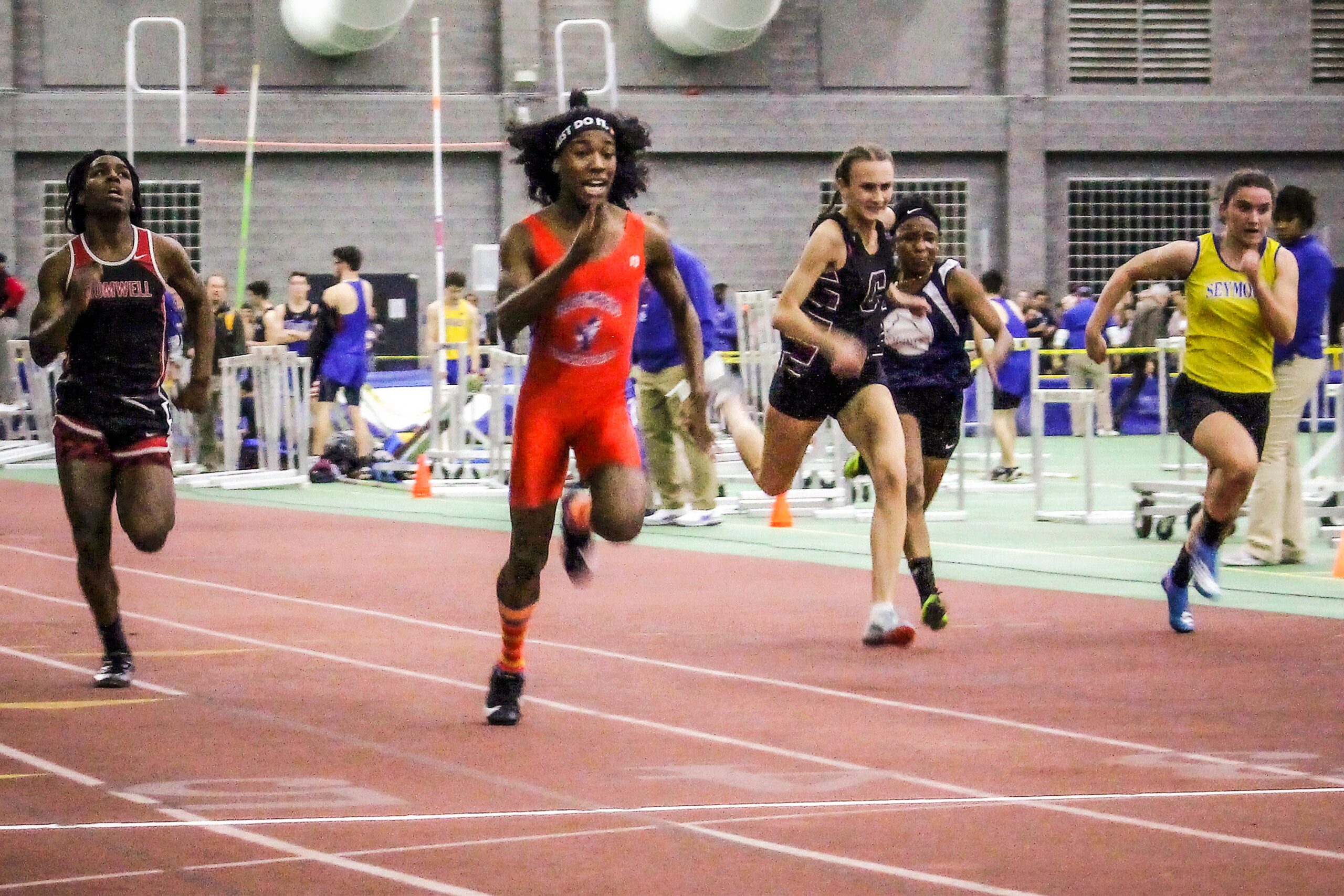The Supreme Court will decide whether transgender women and girls can compete in women’s sports after taking up yet another case that could have far-reaching impacts for trans Americans.
Justices have agreed to hear cases involving two trans students, Becky Pepper-Jackson and Lindsay Hecox, who challenged state bans in their respective home states of West Virginia and Idaho.
Both athletes — now 15 and 24 years old, respectively — won court-ordered injunctions that blocked state officials from forcing them out of women’s sports. This fall, the nation’s highest court will hear arguments from both sides over whether those bans are constitutional, with a ruling expected to have nationwide implications.
In 2023, the Supreme Court voted 7-2 to temporarily block West Virginia from banning Becky, then 12 years old, from competing on her middle school’s track and field team while legal challenges played out. The ruling marked the first time that the justices had weighed in to the nationwide legislative campaign to prevent trans youth from playing in school sports that align with their gender.
Her case returns to the Supreme Court two years later, as more than half of U.S. states implement similar laws that categorically ban trans women and girls from competing in women’s sports, which have drawn an avalanche of legal challenges to overturn them. At least 27 states since 2020 have banned trans youth from school sports.

“I am not a boy,” Becky wrote in court documents in 2022. “I do not want to run with the boys when there is a girls’ team and I should not have to run with the boys when there is a girls’ team. Running with the girls means a lot to me because I am a girl, and I should be treated like a girl, just like all my friends who are girls.”
Her coaches and teammates have “welcomed her participation,” and Becky thinks of them as a “second family,” according to court briefings.
“Our client just wants to play sports with her friends and peers,” said Lambda Legal senior attorney Sasha Buchert, whose organization represents Becky. “Everyone understands the value of participating in team athletics, for fitness, leadership, socialization, and myriad other benefits.”
Last year, a federal appeals court issued “a thoughtful and thorough ruling” allowing Becky to continue playing on her school’s track team, and “that well-reasoned decision should stand the test of time, and we stand ready to defend it,” Buchert said.
27
states with bans on trans athletes
Trans athletes have been at the center of Donald Trump’s anti-trans agenda, which fueled the president’s campaign and Republican campaigns across the country in 2022 midterm elections and in 2024.
Shortly after taking office, Trump signed a sweeping executive order intended to force schools and athletic organizations to ban trans women and girls from competing in women’s sports, part of the administration’s broader efforts to erase federal protections and recognition of transgender people.
The president’s order — which falsely categorizes trans women as “men” — sought to fulfill his campaign promise to end “the dangerous and unfair participation of men in women’s sports” by directing federal law enforcement agencies to take “immediate action” against schools and associations that “deny women single-sex sports and single-sex locker rooms,” according to a White House document shared with The Independent.
During a signing ceremony while surrounded by young girls, Trump claimed that the “radical left” has “waged an all-out campaign to erase the very concept of biological sex and replace it with a militant transgender ideology.”
117,400
trans youth age 13-17 live in states with bans on trans athletes
There are approximately 300,000 young people ages 13 to 17 in the United States who identify as transgender, or fewer than 2 percent of all Americans in that age group, according to the Williams Institute at UCLA Law. There are fewer than 400,000 Americans ages 18-24 who identify as trans, the institute found.
More than 117,000 trans youth live in the 27 states with bans on trans athletes.
The case at the Supreme Court accuse states of violating the 14th Amendment’s equal protection clause and Title IX, the federal civil rights law banning sex discrimination in schools and education programs.
“Like any other educational program, school athletic programs should be accessible for everyone regardless of their sex or transgender status,” according to Joshua Block, Senior Counsel for the ACLU’s LGBTQ & HIV Project.
“Trans kids play sports for the same reasons their peers do–to learn perseverance, dedication, teamwork, and to simply have fun with their friends,” Block said in a statement. “Categorically excluding kids from school sports just because they are transgender will only make our schools less safe and more hurtful places for all youth.”
The Supreme Court’s decision to take up the case on Thursday comes just two weeks after the court’s conservative majority upheld a Tennessee law banning gender-affirming care for trans young people, paving the way for other states to enforce similar bans.
